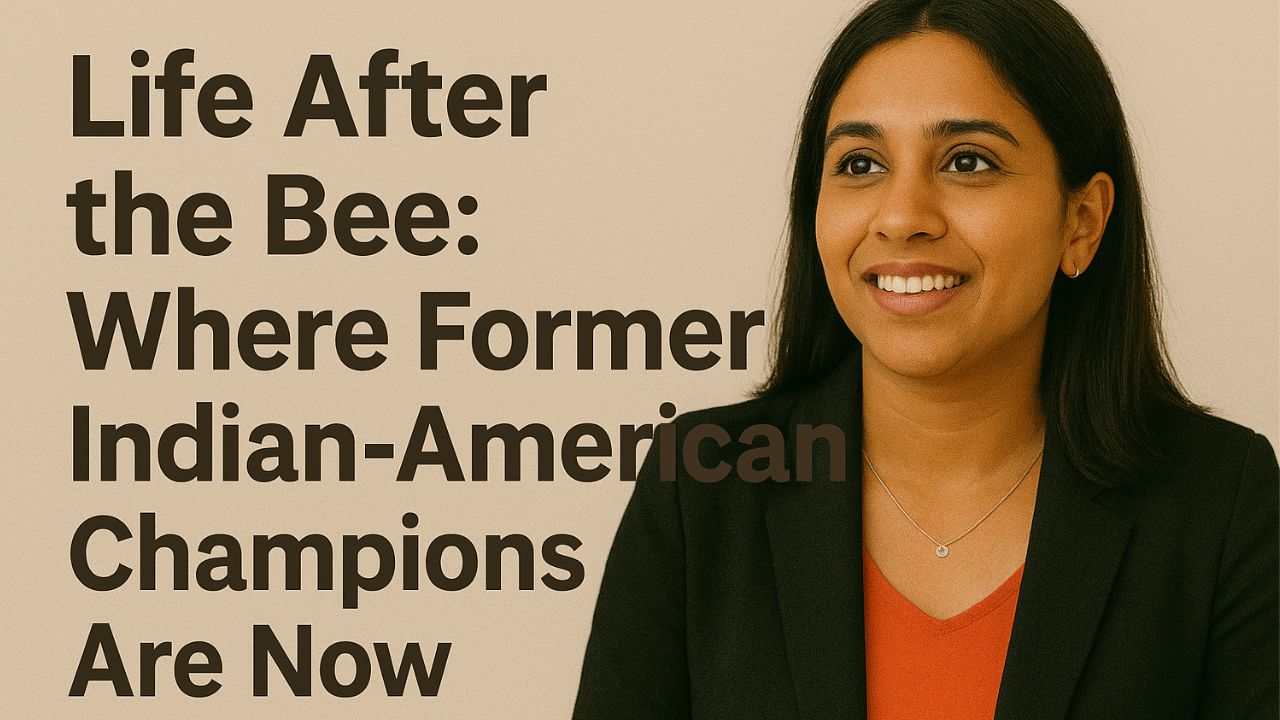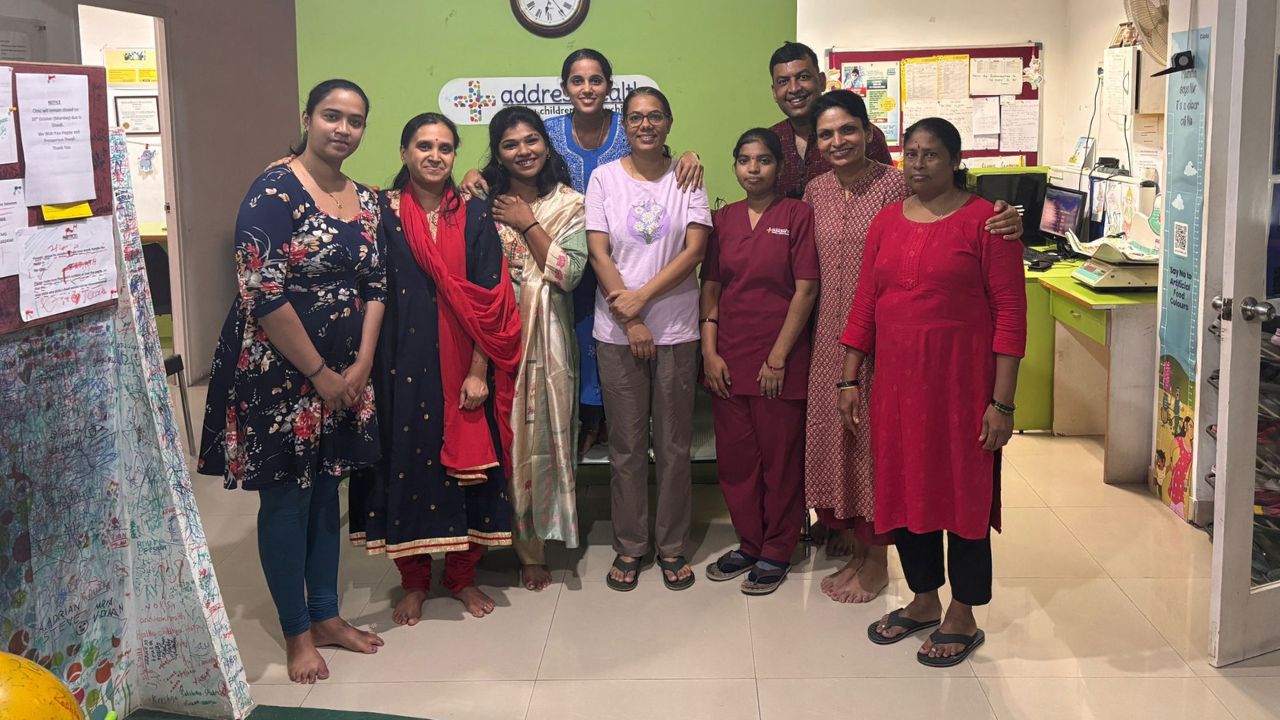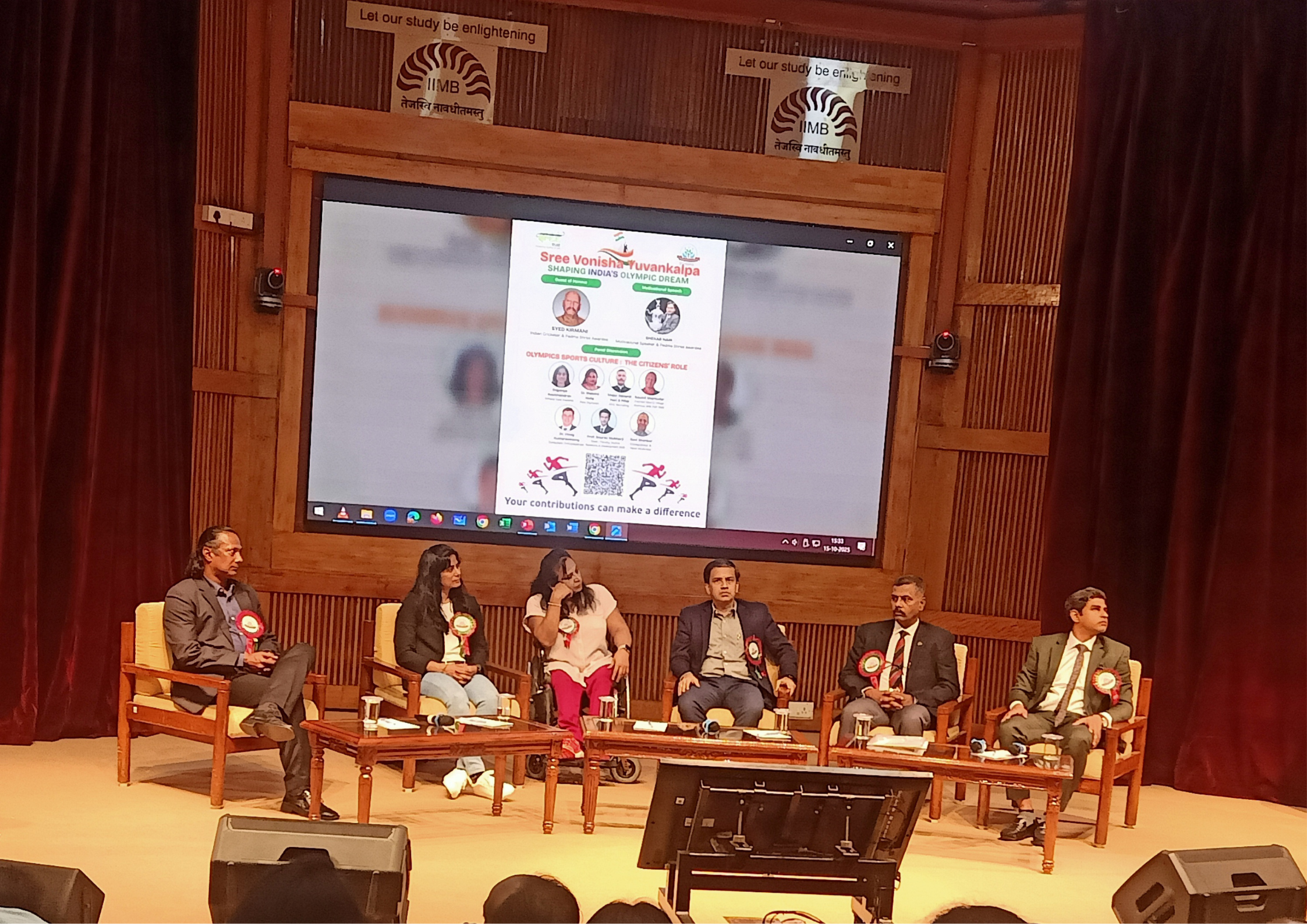Life After the Bee: Where Former Indian-American Champions Are Now

When the lights dim after Bee Week and the trophy goes back on a shelf, what happens next? For many Indian-American spelling-bee champions the answer is not a single script. Some went to medicine, others to tech or finance, a few into unexpected arenas like professional poker or start-ups, and many into community service and education. The throughline isn’t magic; it’s a set of habits—discipline, deliberate practice, comfort under pressure, and a habit of breaking big problems into manageable parts—that these children learned in the run-up to the national stage. This article tracks where several champions went, what skills they carried forward, and what those stories offer Indian parents who want their children to succeed without losing their childhood.
Why this matters to parents
For Indian parents, the spelling-bee story often carries two messages at once: pride (our kids can win nationally) and anxiety (what will the pressure do to them?). Looking at “life after the Bee” helps answer the big questions: Do champions turn their early talent into healthy careers? Does the discipline required harm or help later life? Can the mindsets learned in the Bee be applied to different futures? The short answers are: yes—often; mostly help; and absolutely yes—if guided sensitively.
A quick anchor: the pattern of dominance
Over the past few decades the Scripps National Spelling Bee has seen sustained success from spellers of South Asian descent. This is a well-documented trend and important because it shows a community capable of turning interest into institutional support—coaching networks, feeder competitions, and mentorship—that produces consistent outcomes.
Portraits: champions and their paths
Balu Natarajan (1985) — from champion to community builder
Balu Natarajan’s 1985 win was one of the first signals that Indian-American children could make headlines on the Bee stage. Decades later, Natarajan’s life shows a familiar arc: early public success followed by a vocation that combines professional achievement and community giving. He’s been active with the North South Foundation and other community initiatives that help younger students prepare for academic competitions and access scholarships—effectively recreating the pipeline that helped him succeed. That civic turn—taking a high-profile childhood achievement and using it to expand opportunity for others—is a recurring theme among champions.
Nupur Lala (1999) — from Spellbound fame to neuro-oncology
Nupur Lala, who rose to national recognition in 1999 and featured in the documentary Spellbound, pursued medicine—eventually becoming a neuro-oncologist. Multiple profiles and recent reporting underline a clear throughline: the same curiosity about language and patterns that made a great speller also drew her to the brain and neuroscience. Lala has said that dissecting complex medical terms, learning roots and affixes, and the comfort of performing under pressure all helped her in medical school and beyond. Her trajectory is now firmly in clinical medicine, a common destination for many former champions.
Kavya Shivashankar (2009) — medicine and the habit of mastery
Kavya Shivashankar—2009 champion—moved through a strong academic path into medicine, training as a physician and pursuing residency. Her public profile shows how a spelling background can dovetail with scientific study: focused daily practice, stamina for long study sessions, and calmness in evaluation settings. Many spelling champions choose healthcare; the pattern is not coincidence but a match between the Bee’s skills (precision, systematic study, stress management) and clinical training.
Pratyush Buddiga (2002) — an unexpected turn into professional poker and tech
Not every champion follows the medicine STEM track. Pratyush Buddiga, a 2002 champion, built a career in high-stakes professional poker, and later moved into start-up investing and tech. Buddiga’s story shows two things: the competitive instinct that Bee training can amplify is transferrable, and the cognitive habits—probabilistic thinking, pattern recognition, emotional regulation—are valuable in very different domains. His pivot from Bee winner to poker pro to venture investor is a reminder that spelling discipline is a skill set, not a career prescription.
Sriram & Jairam Hathwar — siblings and STEM pathways
Sriram (2014 co-champion) and his younger brother Jairam (2016 co-champion) illustrate a home environment that normalizes repeated participation and mastery. Their later choices—Sriram toward applied mathematics and Jairam into sectors blending technical skill and entrepreneurship—reflect a pattern where spellers parlay analytical training and early public performance into competitive STEM and business opportunities. (Profiles across outlets and the Spelling the Dream documentary capture this household pattern.)
Nihar Janga (2016) — champion, GeoBee winner, and educational technologist
Nihar Janga’s post-Bee record is a mini case study in using victory as a platform for service. He later won the National Geographic Bee and has worked on virtual coaching and apps that help future spellers. Nihar’s path shows a third option: translate Bee experience into building tools to lower barriers for the next generation—mentorship and product design rather than a single professional track. (Profiles and local news accounts document his involvement with educational nonprofits and tech projects.)
What patterns connect these paths?
Read across these stories and several others, and you see repeated elements:
- Transferable cognitive skills. Spellers learn to break problems into parts (roots, prefixes, suffixes), which mirrors analytical work in medicine, math, coding, and even poker calculus.
- Deliberate practice. The daily, focused practice that creates top spellers is the same habit needed for long professional training—medical school, graduate study, or technical expertise.
- Comfort under scrutiny. Public performance and mock bees teach poise that later helps in interviews, presentations, bedside manner, courtroom testimony, and boardrooms.
- Network effects. Community infrastructure (coaches, older champions, organizations) often turns into professional networks or volunteer opportunities that shape early internships and mentorship.
- Curiosity and meta-learning. Many champions report that spelling taught them how to learn (how to study roots, etymologies, and linguistic patterns), not just what to memorize. That meta-skill is a multiplier.
These are not deterministic effects—individual personality, interests, and opportunity steer outcomes—but they do explain why Bee experience often correlates with success in demanding professional fields.
Does the Bee push kids into narrow lives?
A common worry among parents is that intense focus on one pursuit will narrow a child’s identity. The evidence from former champions is reassuring: many winners pursued different passions later on. The Bee more often supplies scaffolding (habits, confidence, networks) than an ironclad career path. What matters is how parents and mentors frame the experience—whether as a single goal or as training in a set of lifelong skills.
Costs and cautions
That said, the intensity that helps create champions can also create downsides if not managed:
- Burnout and anxiety. A small minority of former spellers report anxiety and pressure to “perform.” Monitoring emotional health is crucial.
- Opportunity costs. Time spent drilling can crowd out arts, sports, and unstructured play. Parents should ensure a balanced schedule.
- Identity tethering. When a child’s self-worth is tied only to trophies, setbacks hurt more. Framing wins as evidence of effort, not identity, helps.
How spelling discipline shapes adult competences (the nuts and bolts)
If you want to translate Bee skills into your child’s broader development, think in these practical terms:
- Metacognitive routines. Teach kids to ask: “What is the root? What language is this from? What patterns are similar?” That transfers to learning in math, science, and languages.
- Short, distributed practice. Regular 20–45 minute sessions build retention far better than marathon cramming. Champions often practice consistently, not only intensely.
- Mock performance. Simulated tests (mock bees) teach pacing, anxiety regulation, and recovery from mistakes—skills useful in oral exams and interviews.
- Public poise. Speaking clearly, making eye contact, and taking a breath before answering are small behaviors that make a big difference later in life.
Concrete takeaways for Indian parents
You want your child to have the benefits Bee training can bring—resilience, focus, wider vocabulary—without the downsides. Here’s a practical, parent-friendly playbook.
Do:
- Start with curiosity. Read together, play word games, and let language be playful before turning it into “training.”
- Prioritize balanced routines. Limit formal drilling to a schedule that preserves homework, play, family time, and sleep.
- Teach strategies, not only lists. Root analysis and deduction are transferable cognitive tools; emphasize them.
- Use community resources. Local clubs, online mentors, and organizations like North South Foundation can provide coaching and peer motivation.
- Model resilience. Celebrate effort and strategy: “I liked how you broke that word into parts,” rather than “You’re brilliant.”
- Encourage varied experiences. Sports, arts, and social activities build social skills and creativity.
Don’t:
- Don’t define success only by trophies. Academic or extracurricular wins are data points, not declarations of worth.
- Don’t over-specialize too early. Let children sample multiple interests through middle school.
- Don’t let practice become punishment. If practice causes dread, pause and recalibrate.
- Don’t ignore mental health signals. Sleep loss, persistent worry, and withdrawal from peers are red flags.
A balanced parental stance
The best parental posture is supportive curiosity: observe what your child loves, provide gentle structure, and help them build the learning tools—metacognition, time management, and public poise—that the Bee tends to create. For many Indian families, the Bee becomes less about a trophy and more about building a toolkit: how to study, how to perform, and how to turn pressure into clear, repeatable procedures.
Final reflection: trophies fade; habits stay
If the core question is “Will the Bee help my child later in life?” the evidence from multiple champions suggests a clear answer: it can—and often does—if the process is guided by balance and values. Champions like Balu Natarajan and Nupur Lala show that a national title can be a launchpad for civic leadership and demanding professional careers. Others, like Pratyush Buddiga, show the toolkit’s flexibility: the same traits that make a child a champion also enable reinvention. For Indian parents who hope to raise resilient, curious, and capable children, the lesson is practical and humane: cultivate habits of mastery, protect childhood, and let the trophy be one of many milestones in a long life of learning.




